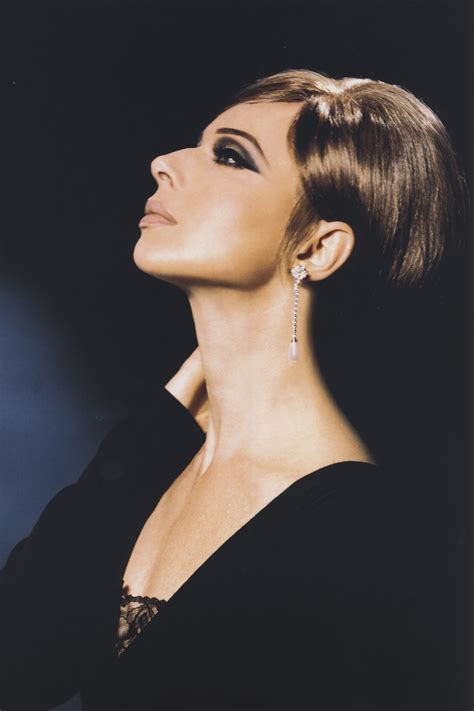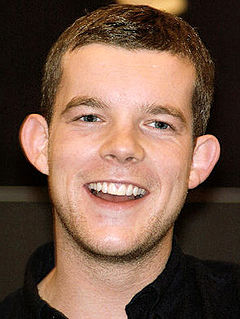A Quote by Trevor Noah
Families were living separately from the fathers. And so although, according to African culture, men were the head of the household, the truth is women were the ones who were raising everybody, including men. And growing up with my mother, that was something I really learned to appreciate.
Related Quotes
I talk a lot about the men in my family because my mother died when I was little, and my grandmother died when my aunts were little, so we didn't have those kinds of heads of household. But all the members of our household who were female were sort of living as equal and as wise as the male figures in our family.
I don't think that all girls seek the influence of older men, but I think girls whose fathers are absent or recessed from their lives often do. And honestly, when I was growing up, fathers were generally pretty absent from their children's lives. We didn't see a lot of them. That may be something that has genuinely changed for the better in our culture: men are more present for their children now that more women are working.
I really lucked out with that song ["As Cool As I Am"]. Men were becoming much more comfortable with all the different facets and parts of their identity, including their gentler, funnier, sillier, nurturing parts. They started showing up. There was so much exploration of gender at that time. Women were showing up with the range of ways of being female in the world and men were showing up with the range of being male in the world.
I was a young feminist in the '70s. Feminism saved my life. It gave me a life. But I saw how so much of what people were saying was not matching up with what they were doing. For example, we were talking about sister solidarity, and women were putting each other down. We were talking about standing up for our rights, and women weren't leaving abusive relationships with men. There were just so many disconnects.
I grew up in a household where there were really, really strong matriarchal characters. I think that's true of many Asian households. People tend to think of Asia as a misogynistic society or a society where men rule. At least in my experience, the women rule the household; the women rule the social scene. The men often become very useless.
Back in the days when men were hunters and chest beaters and women spent their whole lives worrying about pregnancy or dying in childbirth, they often had to be taken against their will. Men complained that women were cold, unresponsive, frigid... They wanted their women wanton. They wanted their women wild. Now women were finally learning to be wanton and wild - and what happened? The men wilted.

































